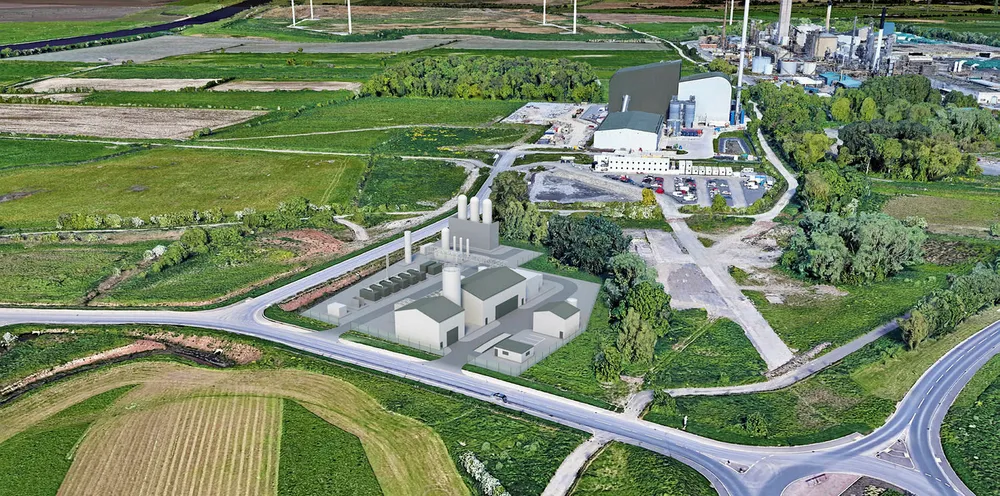Turning plastic waste into hydrogen: first commercial plant moves step closer
Award of $1.6m grant will enable Waste2tricity to build the facility's 'thermal conversion chamber', which will heat the plastic until it breaks down into gases.

Award of $1.6m grant will enable Waste2tricity to build the facility's 'thermal conversion chamber', which will heat the plastic until it breaks down into gases.
